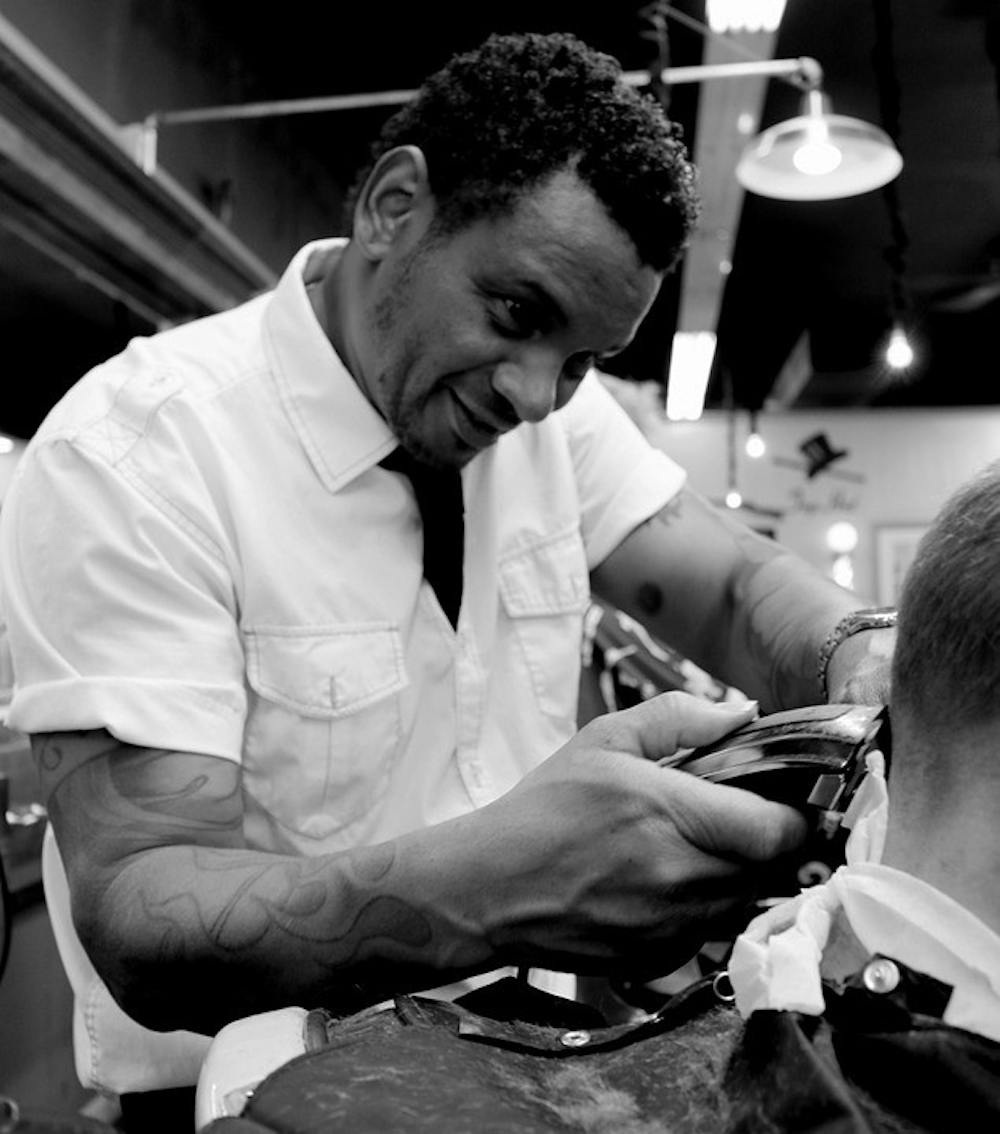
I walked up the staircase to my house’s front door, schlepping my suitcase behind me. It was overstuffed with more clothing than I could possibly need for spring break. I suspected that in a mere five minutes, my mom would hint that my hair was too long. After all, for a couple of weeks, many friends at Hopkins had been giving me the same advice.
I was not wrong. At my long-overdue appointment at the salon (nope, not the barbershop, sorry not sorry) a few days later, my beloved hairdresser told me that cutting my hair was like “making a sculpture” because there was so much of it to work with.
Although I did receive a fair number of compliments after returning to campus, one friend who had suggested I get a haircut burst out laughing when he saw me for the first time after break. He declared that I looked like a fetus, and he was not the first to make an observation of this nature. Apparently, a few inches taken off my hair took a few years off of my age.
Look, if it wasn’t obnoxiously evident already, I care a lot about the appearance of my hair. As writer and humorist Fran Lebowitz once claimed, “You’re only as good as your last haircut.”
One fateful day in October 2014, I decided to start slicking back my bangs. I’m afraid those bangs were a poorly wrought cross between the hairstyles of Ellen DeGeneres circa 2011 and My World 2.0 Justin Bieber. Ever since, I have devoted several minutes of nearly every morning to crafting the perfect quiff with only copious amounts of water (and likely the gel-substituting, gravity-defying residue of my scalp’s natural oils left on my comb).
At the end of my senior year of high school, when someone dared me to go to school one day without combing my hair, I couldn’t. That’s how much I cared about my image. I spent a handful of Sunday evenings that same year creating and laying out all my outfits for the week in advance.
The floor of my room often resembled a fickle shopaholic’s fitting room. It was usually littered with shirts and pants that I had discarded after trying on and rejecting at least three or four outfits every morning: the green T-shirt to highlight my eyes, the not-too-skinny-but-still-skinny skinny jeans or maybe the V-neck to showcase a few compensatorily virile hairs on my upper chest.
Social comparison theory asserts that “we determine our own social and personal worth based on how we stack up against others,” as described by Psychology Today.
I was the epitome of this phenomenon. I had to have the best, most voluminous hair or be the best-dressed so that I could feel like I was the best. (Note that 98 percent of my clothing is from Old Navy, and the other two percent is now Hopkins merch from giveaways.)
I hid my insecurities about my sexuality and the college admissions process behind my carefully concocted hair and clothing.
I’m really glad to say that this isn’t me anymore. At Hopkins, I’ve come into my own. I no longer feel as if I were a sculpture on display in a self-made museum of funhouse mirrors; I am no longer haunted by eyes in overcrowded Axe-drenched hallways. I am a contently blurred face on D-level.
I still try to dress decently, but these days I’m grateful to find a clean shirt when I look into my closet after rolling out of bed 20 minutes before my first class of the morning.
These days I don’t allow the degree to which the fibers of my hair are strained determine my self-worth. I can go to class with a bedhead a couple times in a row and be mostly fine when someone remarks, “I see you’ve started giving up on your hair this week.”
But I admit: I still internalize comments like that. And I’m sure I’m not the only one who does. I’m sure a lot of people care even more about their self-presentation than I do or did.
So watch what you say about someone’s hair or crooked smile or acne or anachronistic or avant garde clothing. Let people be confident in their appearance because even if vanity seems shallow, it might result from deeper insecurities or serve as a much-needed means of self-expression.

















